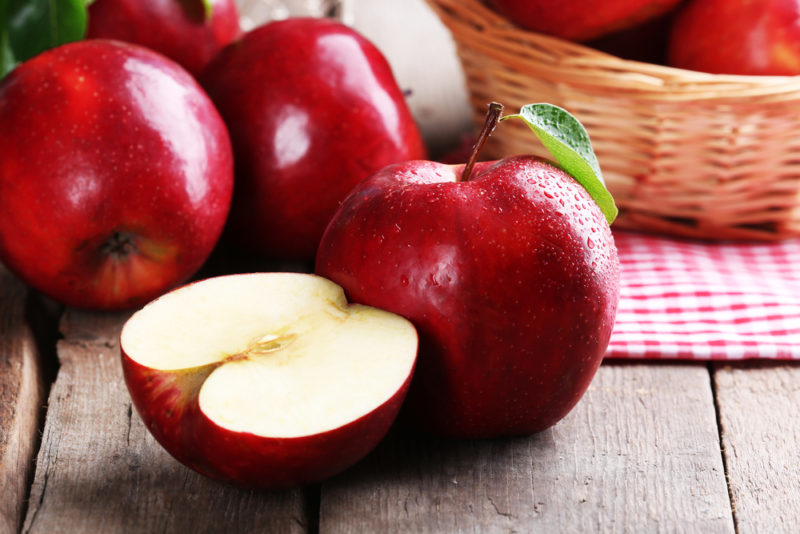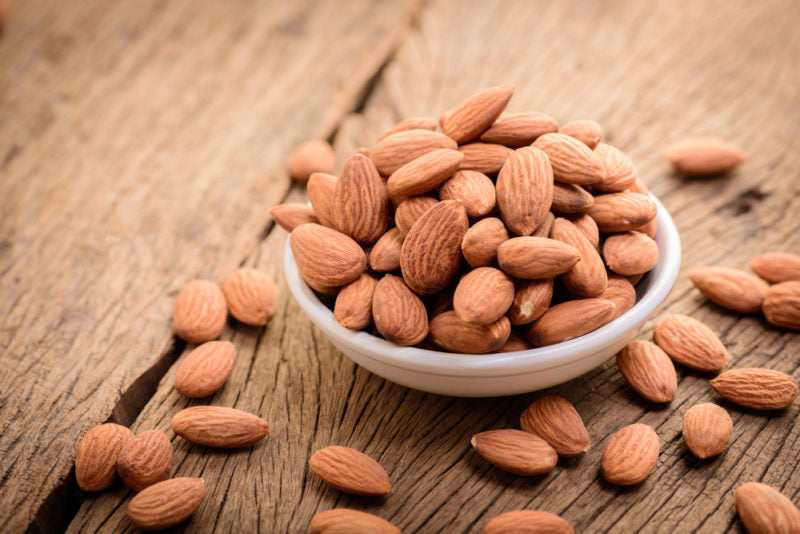It's estimated that about 3 million people in the United States are allergic to peanuts. While peanut allergies are most common among children, they do have the potential to develop later on in life. Peanut allergies are on the rise, and researchers believe it may have something to do with avoiding peanuts at an early age. (1) Other peanut allergy causes are due to a confused immune system response to the food. When the body mistakenly identifies peanut proteins as something harmful, the immune system releases chemicals into the bloodstream that cause peanut allergy symptoms. (2)
 Peanut butter allergy reaction time is quick. In fact, peanut allergy is one of the most serious of the immediate hypersensitivity reactions to allergens. Symptoms can appear immediately after ingesting peanuts and worsen until you receive medical help.
Peanut butter allergy reaction time is quick. In fact, peanut allergy is one of the most serious of the immediate hypersensitivity reactions to allergens. Symptoms can appear immediately after ingesting peanuts and worsen until you receive medical help.




 Peanut butter allergy reaction time is quick. In fact, peanut allergy is one of the most serious of the immediate hypersensitivity reactions to allergens. Symptoms can appear immediately after ingesting peanuts and worsen until you receive medical help.
Peanut butter allergy reaction time is quick. In fact, peanut allergy is one of the most serious of the immediate hypersensitivity reactions to allergens. Symptoms can appear immediately after ingesting peanuts and worsen until you receive medical help.
Peanut Allergy Symptoms (3)
- Itchy skin
- Hives
- Itchy or tingling sensation around the mouth or throat
- Runny or congested nose
- Nausea
- Vomiting
- Stomach Cramps
- Digestive problems, diarrhea
- Shortness of breath, wheezing
- Anaphylaxis
Peanut Allergy Treatment
1. Quercertin
Quercetin can be used as a natural peanut allergy treatment. Research has shown that quercetin, found in apples, peppers, cherries, and citrus fruits, has the ability to suppress peanut allergy symptoms and work as an alternative treatment for similar food allergies. (4)
2. Probiotics
Probiotics work to restore the helpful bacteria in the gut and intestinal tract. Studies have shown that probiotics can help to alleviate peanut allergy symptoms when used as a natural form of oral immunization for peanut allergy treatment. (5)3. Bromelain
Bromelain is a powerful anti-inflammatory agent found in foods such as pineapple, cherries, apples, papaya, almonds and walnuts. A 2014 study found that bromelain was able to inhibit inflammation of the airways due to allergens. (6) One of the many health benefits of bromelain is being able to reducing peanut allergy symptoms and other overactive immune system responses.
4. Multivitamin
Studies show that children who have multiple food allergies are at a higher risk of a deficient vitamin and mineral intake. Vitamin D, copper, zinc and selenium are common deficiencies in children with food allergies. Children and adults alike can take a high-quality daily multivitamin to help strengthen their immune system and regulate a proper response to allergens.5. Introduce Peanuts Early On
Researchers believe that introducing peanuts to children at a young age may help reduce their risk of developing a peanut allergy. However, introducing peanuts early on should be done with caution and under the supervision of a health care professional. (7)
Peanut Alternatives
The first step in managing a peanut allergy is to avoid peanuts and food items that contain peanuts. If you're missing peanuts or peanut butter, there are several healthy and delicious peanut alternatives you can substitute.1. Almonds and Almond Butter
Almonds have plenty of health benefits. They are a heart-healthy snack that helps the body maintain healthy skin, control blood sugar levels and fight inflammation. Swap peanuts and peanut butter for almond and almond butter!





